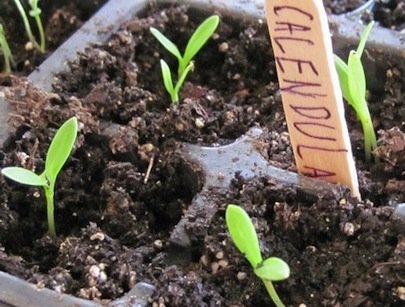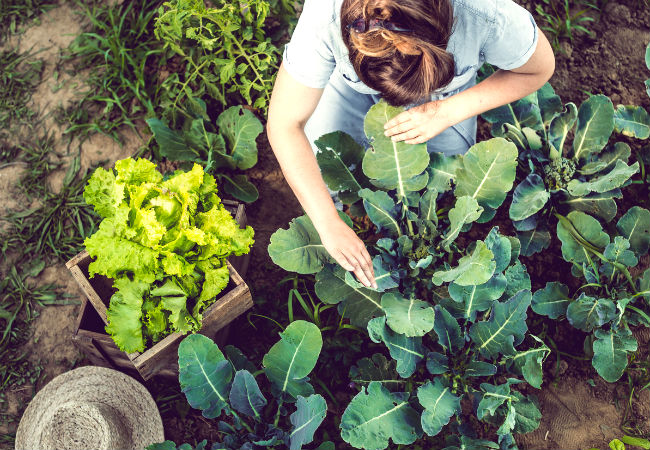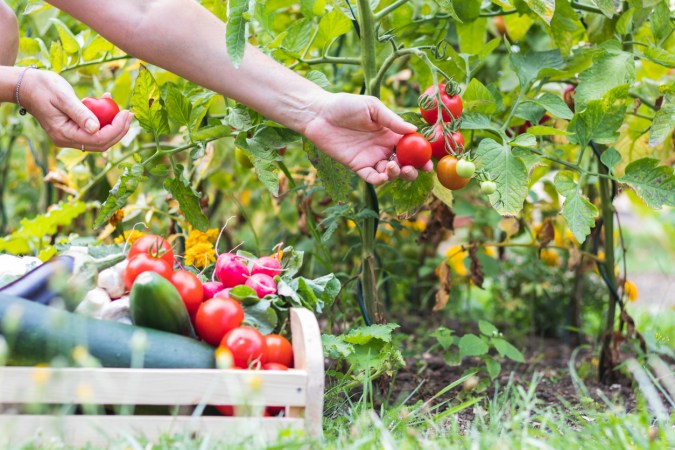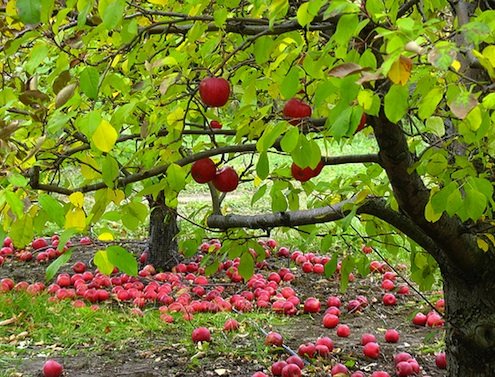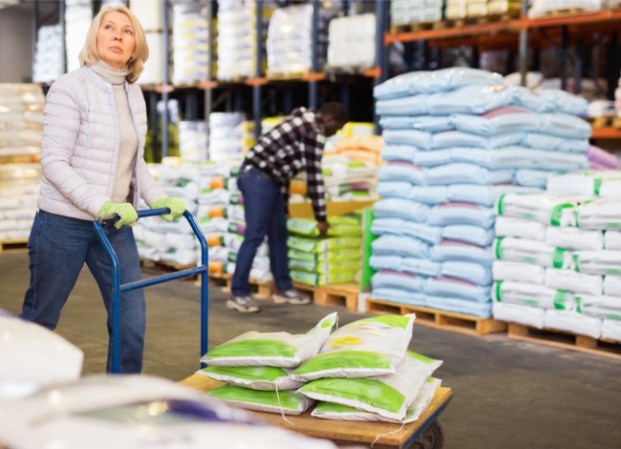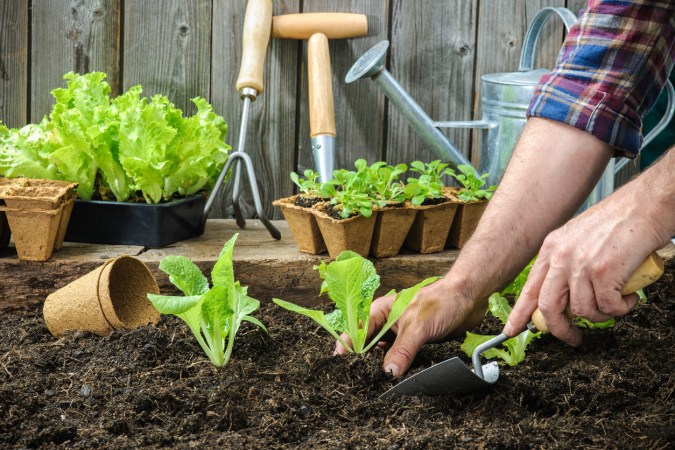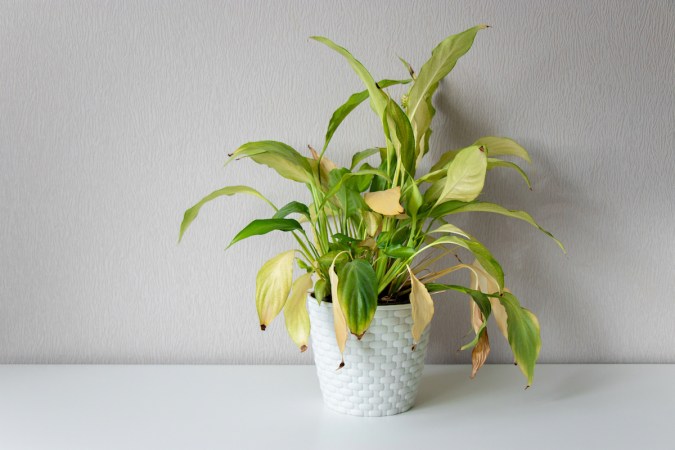We may earn revenue from the products available on this page and participate in affiliate programs. Learn More ›
I’m a novice gardener. We moved to Southern Delaware after living 20 years in New York City. I struggled there to keep a couple of potted houseplants alive in our small apartment with UV-filtered windows. But I have interest and ambition now that we have plenty of place to experiment on our nearly half-acre lot.
As I browse through gardening information at the library and on the internet, I’m often referred to my “local extension office.” Local extension office? Really? Never heard of it. But it must be a big deal, because it’s seemingly referenced everywhere. So, what is your local extension office anyway, and what can it do for you?
Well, as it turns out, quite a lot.
The Cooperative Extension System is sponsored by the United States Department of Agriculture in collaboration with land-grant universities and state and local governments. Its mission is to provide research-based information to the public on subjects relating to agriculture and food, home, family, the environment, community economic development and youth. The 4-H Club is under its auspices, as well as the Master Gardener Program, which trains volunteers to be horticultural educators in their communities. Need information about organic agriculture? Your local extension office can help you with that. Food safety? Yup, they’ve got that. Animal reproduction? Uh-huh. It’s kind of overwhelming what all it covers.
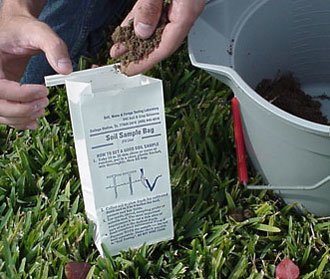
So, what can your local extension office do for you?
Well, if you’re a novice gardener, like me, or even a not-so-novice gardener, there are many things you can dial up your local extension office for help with. And you’re paying for it with your tax dollars, so you should.
Related: 7 Easy Budget-Friendly Backyard Makeovers
Local Expertise – Your local extension office agent knows your area and has knowledge about the climate and successful plants, as well as common pests and diseases and ways to manage them. You can get frost dates for your area, as well as plant recommendations and wildlife deterrent information.
Soil Testing – Almost all local extension offices will, for a small fee (around $10), mail you a kit to send back a sample of your soil for testing. You can get information about your soil’s pH and nutrient levels, along with advice on how to amend it for what you are planting.
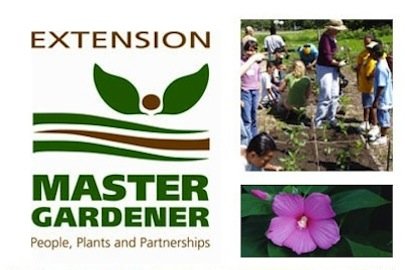
Master Gardeners – The Cooperative Extension gives extensive training to Master Gardener volunteers in plant pathology, soil health, cultural growing requirements, sustainable gardening, and pest and wildlife management. They provide information to the public over the phone, at public events, and at educational facilities.
Fact Sheets and Publications – On soil, pest control, sustainable agriculture, bee-keeping, canning, and much, much more.
Most every county in the US has a local extension office, with some being combined into regional offices. Regardless, your local Cooperative Extension is an incredible resource, and you should feel free to liberally take advantage of it. You can find your local extension office by visiting the Cooperative Extension. Happy gardening to all!
For more related content, consider:
How To: Plant a Vegetable Garden
5 (Nearly) Kill-Proof House Plants
Summer Stars: Hydrangeas
